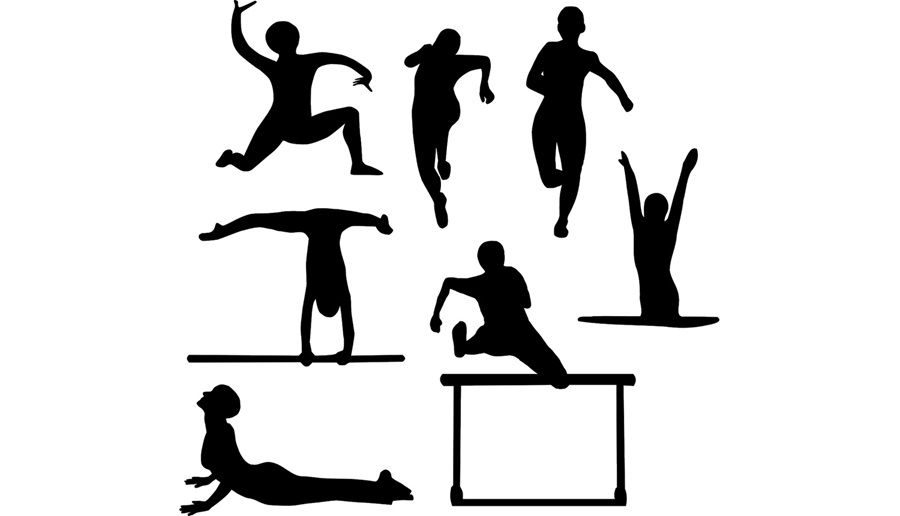- Opinion
- 28 de May de 2024
- No Comment
- 6 minutes read
Epistemology of Physical Education: From Ideology to Knowledge

Epistemology of Physical Education: From Ideology to Knowledge


Jordi Osúa
In recent weeks, competition examinations for entry and promotion within the various teaching bodies have been taking place in Catalonia. Twenty-five years ago, I found myself in the same situation and will always remember the topic I chose to defend before the examination board, along with its corresponding didactic application. It was the first topic on the syllabus, and its title was not particularly appealing at first glance: “Epistemology of Physical Education: Evolution and Development of Different Conceptions and Their Object of Study.” Epistemology is the branch of philosophy that studies the theory of knowledge, and when applied to a discipline, it involves analysing and justifying its scientific foundation.
I chose this topic for two reasons. The first was strategic. Aware of its difficulty, I knew that hardly anyone would choose to defend it, which would allow me to stand out from the other candidates. The second reason was to make a point. Its content gave a scientific status to a subject traditionally regarded as second-rate both academically and educationally. In the 1990s, and perhaps even now, many people were surprised to learn that becoming a Physical Education teacher required a university degree.
The journey to achieve this recognition has been long in our country. During the Franco regime, Physical Education was significantly discredited. Popularly known as “Gymnastics“, a term that over the years took on a pejorative connotation, its content was based on Swedish gymnastics. This physical practice was ideal for conveying the political values of order, discipline, and unity and was easy for teachers to learn and implement through repeated routines.
Moreover, its dependence on the Delegación Nacional de Deportes (National Sports Delegation), linked to the Secretaría General del Movimiento (General Secretariat of the Movement,) gave it a distinctly political character. Unlike other educational subjects regulated by the Ministry of National Education and the teacher training controlled by the Teacher Training Schools, the Physical Education curriculum followed the ideology of the single-party, and future teachers were trained by instructors from the “Academia de Mandos José Antonio” (José Antonio Command Academy) of the Frente de Juventudes (Youth Front) and the ” Academia de Mandos Isabel la Católica” (Isabel la Católica Command Academy”) of the Sección Femenina (Female Section).
Physical Education teachers were precursors to scope work teachers as they also taught Formación del Espíritu Nacional (National Spirit Training) for boys (largely based on political, physical, and pre-military education lessons from the magazine Mandos, published by the Youth Front) and the Labores y Enseñanzas del Hogar (Home Economics and Teachings) for girls. Additionally, the inclusion of Physical Education as one of the three subjects required to obtain any university degree, along with religion and politics, further discredited it academically, leaving it in the collective imagination as one of the soft subjects (originally called “Marias” in Spanish) that were automatically passed.
As the ideological content of Francoism weakened, the training at the Command Academies shifted from political, pre-military, and physical to more specialised and eventually integrated into the National Institute of Physical Education (INEF). This new institution, responsible for teacher training, was created by the Physical Education Law (1961), although it did not start operating until 1966 in Madrid and 1975 in Barcelona. Curiously, the first director of the INEF in Madrid, the humanist José María Cagigal, published an article in 1968 in the magazine Citius, Altius, Fortius, presenting Physical Education as a humanistic science.
The next step in the “normalisation” of Physical Education as an academic discipline, during democracy, came with the publication of Royal Decree 790/1981, which established a five-year duration for studies and their equivalence with other university degrees. The curriculum was entirely teaching-oriented, although over the years, it incorporated content related to training, health, and sports management. As a result of this evolution, Royal Decree 1423/1992 changed the degree name to “Physical Activity and Sport Sciences” (CAFYD) and, more importantly, allowed access to postgraduate studies, facilitating the creation of doctoral programmes. This was an implicit recognition of physical activity and sport as a scientific field and a significant boost for research in this area. Half a century later, Physical Education regained its status on par with other teaching specialities.
It is no coincidence that, after recovering the academic status of Physical Education, the examination syllabuses published in the BOE on 21 September 1993, still in force, began with the epistemological foundation of the subject, a justification perhaps unnecessary for other disciplines but essential for such a “questioned” subject. Thanks to this, we can advocate for Physical Education teaching based on scientific evidence, providing tools for citizens to defend themselves against ideological manipulation hidden in some false myths or beliefs related to physical activity and sport.
References
- José María Cagigal (1968). “La Educación Física, ¿una ciencia?”, Citius, Altius, Fortius, nº X (1,2), pp.5-26.
- Javier Coterón López (2012). “La Educación Física en los primeros años del franquismo (1939-1945), Materiales para la historia del deporte, núm. 10, pp. 117-129.
Source: educational EVIDENCE
Rights: Creative Commons

